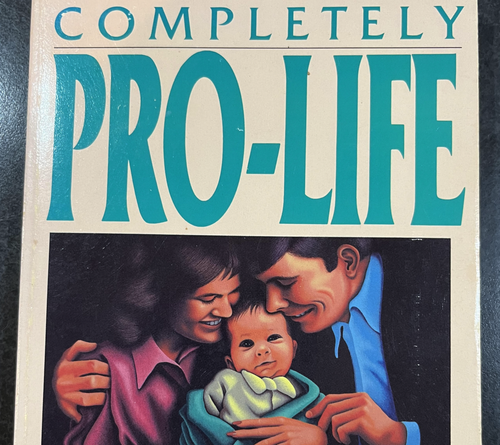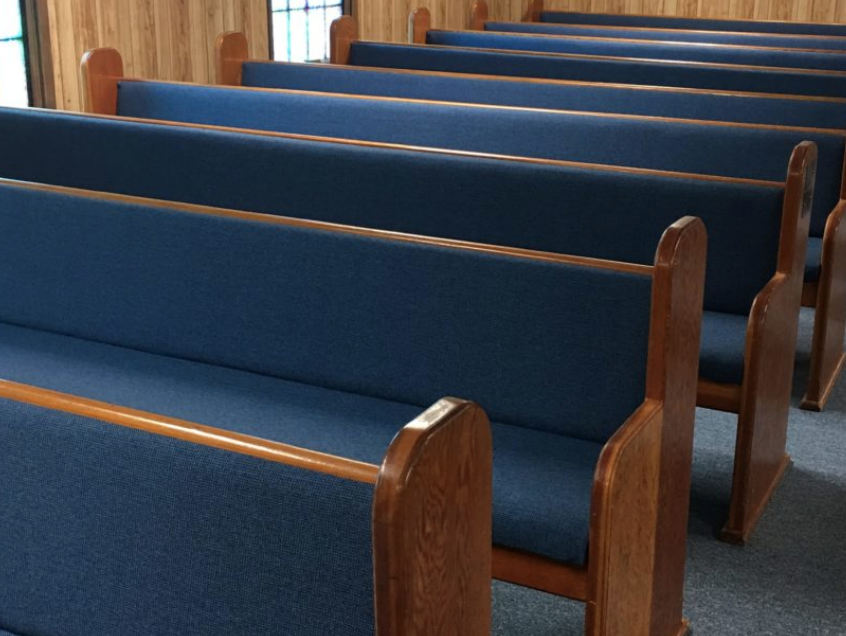As an emerging American voice, the Rev. Jerry Falwell visited South Carolina in 1980 to promote his new Moral Majority network, while urging evangelicals to back Ronald Reagan, instead of President Jimmy Carter, a Southern Baptist.
Then Furman University professor John C. Green was intrigued by mixed reactions on three Baptist campuses in Greenville -- his own "moderate" Baptist school, a mainstream Southern Baptist college and the proudly fundamentalist Bob Jones University. For example, Bob Jones, Jr., called Falwell the "most dangerous man in America today," because of his efforts to unite religious groups in political activism.
This potent blend of politics and religion was an obvious topic for political-science research. Colleagues agreed, but one said they needed to act fast, "since these kinds of trends burn out quick," Green recalled, laughing. "Here we are in 2023 and arguments about religion and politics are hotter than ever."
From the start, experts tried to show a clash between religion and secularism, noted Green, author of "The Faith Factor: How Religion Influences American Elections."
The reality is more complex than a "God gap." By the late 1980s, researchers learned that -- while most Americans remain believers -- it's crucial to note how often voters attend worship services. The more fervently Americans support religious congregations with their time and money, the more likely they are to back cultural conservatives.
This "religiosity gap" remains relevant. A new Pew Research Center analysis noted that, in 2022 midterms: "The gap in voting preferences by religious attendance was as wide as it's been in any of the last several elections: 56% of those who said they attend religious services a few times a year or less reported voting for Democratic candidates in the 2022 midterms. … But GOP candidates were the favorite among those who attend services monthly or more by more than two-to-one (67%, vs. 31% who voted for Democratic candidates)."
Meanwhile, Protestants supported the "GOP by nearly two-to-one." White evangelical support for Republicans hit 86%, while white Catholics "favored Republican candidates by 25 points, whereas Hispanic Catholics favored Democratic candidates by an even greater margin (34 points)." Jewish voters preferred Democrats -- 68% to 32%. Atheists, agnostics or "nothing in particular" voters remained loyal to the Democrats, with 72% supporting that party, and 27% backing Republicans.










